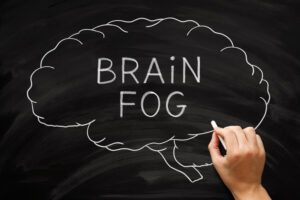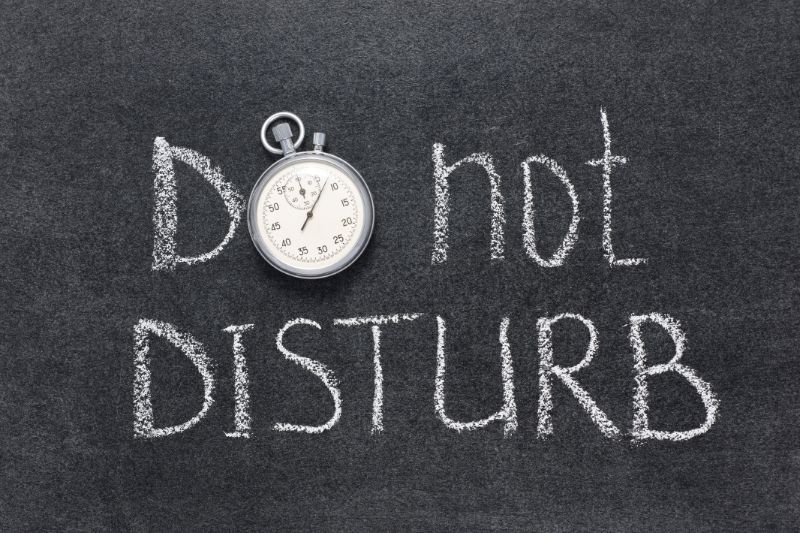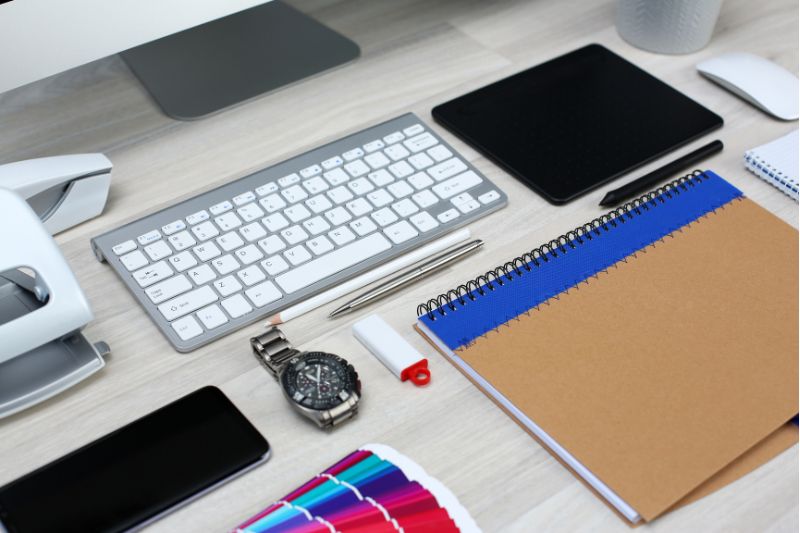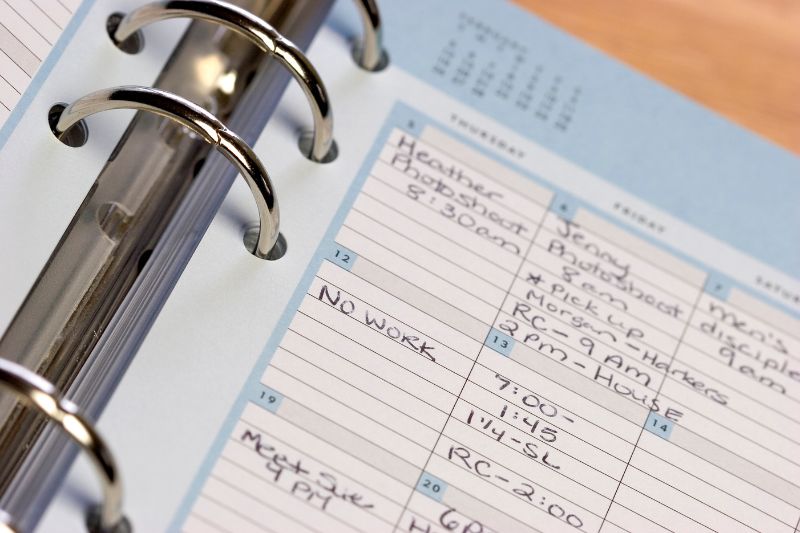Dear Dr. Saline:
I’m a 30 year-old AuDHDer who would love your input. I pride myself on my ability to focus and concentrate on what needs to be done. I’m achievement-oriented and used to be able to blaze through a to-do list. Lately though, brain fog has been hitting me hard. It’s been a period of very high stress. I find myself struggling to make sense of things people say which I would previously decode with ease. I’m hoping this is temporary but it’s embarrassing. What can I do?
Thanks!
Crystal
Dear Crystal-
Brain fog can certainly be disorienting, confusing and even a bit scary for folks with and without ADHD or autism. Brain fog refers to a group of symptoms that  impact how you function cognitively–your thinking, your recall and your concentration. It can also reflect difficulty with making decisions, mental fatigue, slower response time and uncertainty. While we don’t know what causes brain fog exactly, research shows that it’s associated with chronic fatigue syndrome, long COVID, chemotherapy, autoimmune conditions or depression. But, brain fog is not a medical condition so you can’t be diagnosed with it. It’s more like a set of symptoms that arise when something else is going on and you are not thinking as clearly as you could.
impact how you function cognitively–your thinking, your recall and your concentration. It can also reflect difficulty with making decisions, mental fatigue, slower response time and uncertainty. While we don’t know what causes brain fog exactly, research shows that it’s associated with chronic fatigue syndrome, long COVID, chemotherapy, autoimmune conditions or depression. But, brain fog is not a medical condition so you can’t be diagnosed with it. It’s more like a set of symptoms that arise when something else is going on and you are not thinking as clearly as you could.
As you have shared, the symptoms of brain fog can make it difficult for people to engage in conversations, perform routine daily tasks and follow instructions. Plus, brain fog differs from person to person, particularly women. In fact, it disproportionately affects women because of hormonal changes related to menstruation and menopause. For folks with ADHD who already struggle with focus, memory and organization, stress can bring on brain fog by overwhelming weaker executive functioning skills.
Develop coping strategies for daily stress
Of course, living with ADHD and AuDHD means living with a baseline of stress that neurotypical adults don’t have to deal with. The consistent inconsistency of being neurodivergent leads to being unclear– if you will follow through on things, if you will arrive on time, and if people will like you. You may freeze in the moment, unsure of what to say or do. Perhaps you lose your train of thought more often and get distracted more easily. Or, maybe you interrupt others or say something awkward without knowing it. This is especially tough in the middle of social situations, peer interactions or important work meetings.
things, if you will arrive on time, and if people will like you. You may freeze in the moment, unsure of what to say or do. Perhaps you lose your train of thought more often and get distracted more easily. Or, maybe you interrupt others or say something awkward without knowing it. This is especially tough in the middle of social situations, peer interactions or important work meetings.
Rely on coping strategies
Crystal, it seems like you’ve developed some useful coping tools to help you make sense of what others are saying to you and respond effectively. I can’t even imagine how frustrating it is for you to deal with this disorienting brain fog. And, let’s be honest, everybody spaces out sometimes. Yes, this may happen more intensely and more often for folks living with ADHD due to how their brains are wired. You are not alone in your embarrassment when this occurs. But, being upset with yourself for something that you cannot control only increases your stress and worsens the very brain fog that is troubling you in the first place.
It seems that the question you are asking is, “How do I navigate these moments with more ease and less self-criticism?” I think your first step to lower your stress. I am a big fan of being authentic. Authenticity means being transparent and non-defensive when you miss a comment in a conversation or do something that you later regret. Self-care, exercise and self-compassion are all ways to reduce the tension in your life and hopefully the brain fog too. Try these strategies to lower your stress.
4 techniques to manage brain fog in your life:
1. Reduce stress by focusing on one task at a time: In today’s busy, constantly connected world, we live with too much to do and not enough time to reset. When we take a walk while talking on our phone or scroll while eating lunch, we don’t actually give ourselves the true break that we really need. We shred our time into distracted chunks instead of having space to exhale and regroup. When we multitask, we stress our brains and exhaust ourselves. Opt for single tasking as often as possible. You may not be able to eliminate all media multitasking habits but, with single tasking, you’ll feel more productive and less stressed.
2. Get enough sleep:Nothing weakens our coping abilities like a lack of sleep. Many people with ADHD struggle with sleep issues. Typically, folks wrestle with three aspects of sleep: falling asleep, staying asleep and waking up. It can be tough to turn off your mind. Perhaps you experience racing thoughts, intrusive worries or a fitful night of sleep marked by “tossing and turning” throughout the night.

Some people sleep so deeply that they struggle to get up in the morning, requiring numerous alarm clocks or physical reminders. Think about your sleep needs: how much, when and what helps you relax. Practice consistent sleep habits by going to bed and waking up at the same times and staying off screens for at least thirty minutes before you nod off.
3. Exercise regularly: I cannot emphasize enough how much exercise helps with clear thinking. The endorphins that are released during exercise enhance focus and increase your overall sense of well-being. Moving your body has been found to improve motivation, build energy and reduce confusion. The Centers for Disease Control (CDC) recommends that adults engage in at 150 minutes per week of moderate-intensity activity such as brisk walking, running, biking, etc. Of course, eating well helps your overall health too. So the next time that you are feeling brain fog descend, try to move your body and see what happens.
4. Chunk your activities and write things down: Instead of relying on hyperfocus, try breaking tasks down into 30-45 minute work blocks. You want to give your brain time to reset and rest a bit throughout the day rather than go intooverdrive and burnout. It can be tough for a lot of people who like to hunker down and plow through a set of projects. But overworking like this uses up the natural glucose fuel in the brain and then relies on cortisol. You wind up creating stress that doesn’t need to be there. Trying to remember everything also adds pressure. Give yourself a break and write things down. This also reduces stress and gives you the visual cues you need to be productive and stay focused.
hyperfocus, try breaking tasks down into 30-45 minute work blocks. You want to give your brain time to reset and rest a bit throughout the day rather than go intooverdrive and burnout. It can be tough for a lot of people who like to hunker down and plow through a set of projects. But overworking like this uses up the natural glucose fuel in the brain and then relies on cortisol. You wind up creating stress that doesn’t need to be there. Trying to remember everything also adds pressure. Give yourself a break and write things down. This also reduces stress and gives you the visual cues you need to be productive and stay focused.
Aim for reducing brain fog not eliminating it
Learning how to schedule adequate down time to integrate and process information, asking for someone to repeat what they said without self-criticism and taking care of yourself with good sleep, nutrition and exercise habits will reduce your overwhelm and your shame. Remember, brain fog is not your fault; you didn’t choose this. Instead, just explain what’s going on to someone when it is happening and move on. You’ve got this!
 With the hectic pace of modern life, many adults find it hard to keep up, follow-through, and get ahead in their work lives. The to-do list keeps getting longer, the phone buzzes constantly and there are multiple projects to juggle all at once. Folks with ADHD often struggle with the demands of such high-octane work environments. ADHD makes it more difficult to keep focused, manage competing priorities and stay organized. But, the way it affects work performance varies widely from person-to-person. On the one hand, someone may wrestle with a messy desk and tardiness to meetings. On the other hand, somebody else may arrive to appointments on time but can’t seem to stick with projects until completion or build relationships with colleagues. Let’s consider some strategies to help you stay engaged, motivated, and confident in the workplace.
With the hectic pace of modern life, many adults find it hard to keep up, follow-through, and get ahead in their work lives. The to-do list keeps getting longer, the phone buzzes constantly and there are multiple projects to juggle all at once. Folks with ADHD often struggle with the demands of such high-octane work environments. ADHD makes it more difficult to keep focused, manage competing priorities and stay organized. But, the way it affects work performance varies widely from person-to-person. On the one hand, someone may wrestle with a messy desk and tardiness to meetings. On the other hand, somebody else may arrive to appointments on time but can’t seem to stick with projects until completion or build relationships with colleagues. Let’s consider some strategies to help you stay engaged, motivated, and confident in the workplace. Set up specific work times with timed, intermittent break periods. Turn off your phone or use a “do not disturb” app or setting during these work periods. Plan for specific times to check your phone during the day–say in the morning before getting started on a task, at lunch and one time in the afternoon. Limiting access and the distraction of your phone
Set up specific work times with timed, intermittent break periods. Turn off your phone or use a “do not disturb” app or setting during these work periods. Plan for specific times to check your phone during the day–say in the morning before getting started on a task, at lunch and one time in the afternoon. Limiting access and the distraction of your phone  Whether you work at home or at an office, you will likely find it much easier to work in a tidy environment. Clutter is just another distraction that can get in the way of you doing your best. Since it can be so tough to sort through piles and there may be many of them, some people avoid organizing altogether. It helps if you start from the premise that everything has its own place. Create these places with files, boxes or baskets and label them with names such as “To Do Urgent,” “ To Do Important but not Urgent,” “Interesting for later,” and “Unsure.” The goal is to clear your immediate work space but not go through every folder or paper. That’s for a rainy day.
Whether you work at home or at an office, you will likely find it much easier to work in a tidy environment. Clutter is just another distraction that can get in the way of you doing your best. Since it can be so tough to sort through piles and there may be many of them, some people avoid organizing altogether. It helps if you start from the premise that everything has its own place. Create these places with files, boxes or baskets and label them with names such as “To Do Urgent,” “ To Do Important but not Urgent,” “Interesting for later,” and “Unsure.” The goal is to clear your immediate work space but not go through every folder or paper. That’s for a rainy day. 
 Finding a friend at work is both emotionally rewarding and helpful. If you find yourself confused, frustrated, or in need of support, having a work buddy to turn to is invaluable. They can help you figure out a difficult problem or explain something you didn’t grasp during a meeting. Work friends can also be body doubles.You can work alongside each other, improving each other’s productivity and offering mutual encouragement. Hopefully, a close colleague will understand your challenges, may be willing to guide or mentor you, as well as cheer you on.
Finding a friend at work is both emotionally rewarding and helpful. If you find yourself confused, frustrated, or in need of support, having a work buddy to turn to is invaluable. They can help you figure out a difficult problem or explain something you didn’t grasp during a meeting. Work friends can also be body doubles.You can work alongside each other, improving each other’s productivity and offering mutual encouragement. Hopefully, a close colleague will understand your challenges, may be willing to guide or mentor you, as well as cheer you on. 

